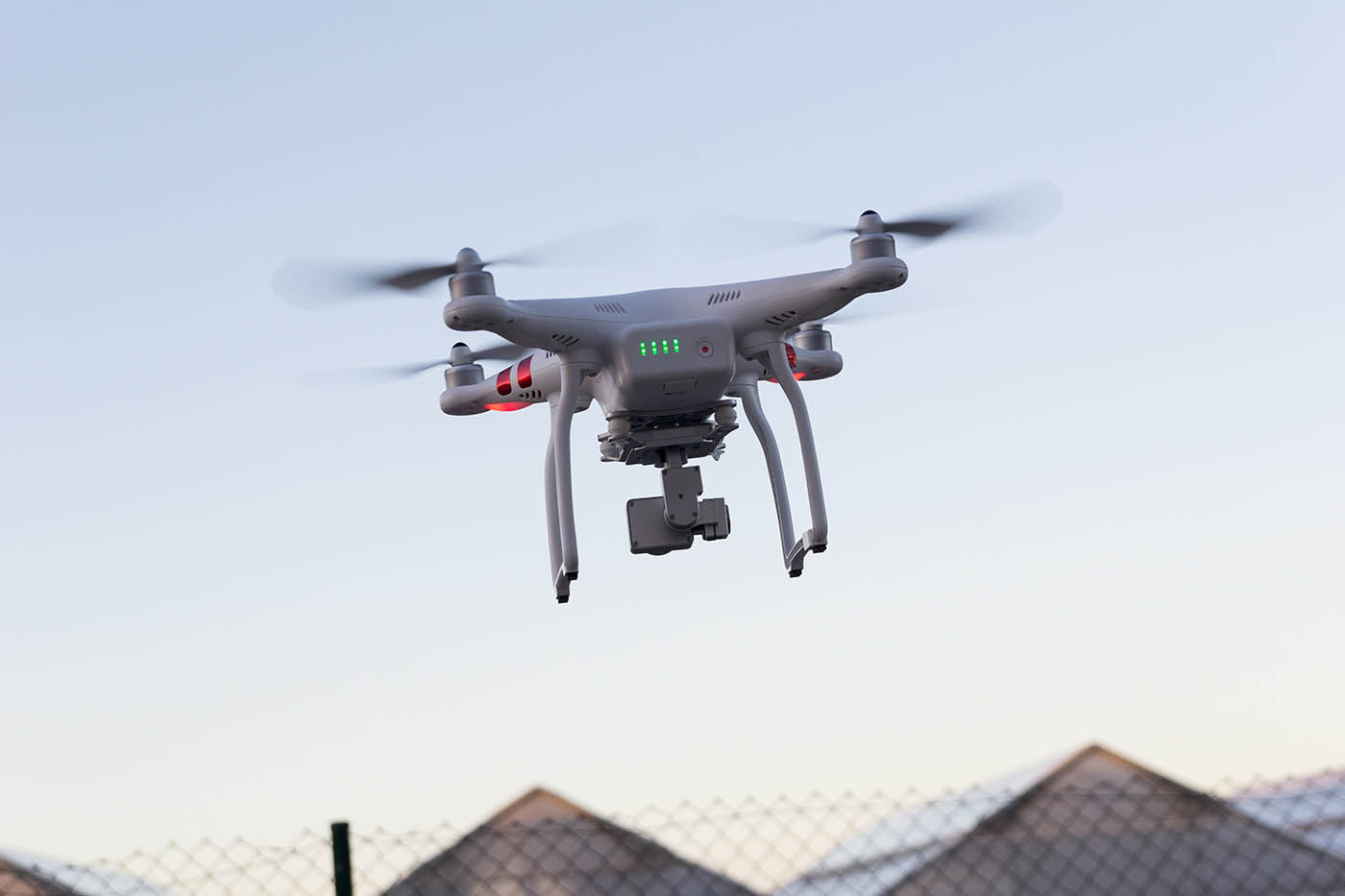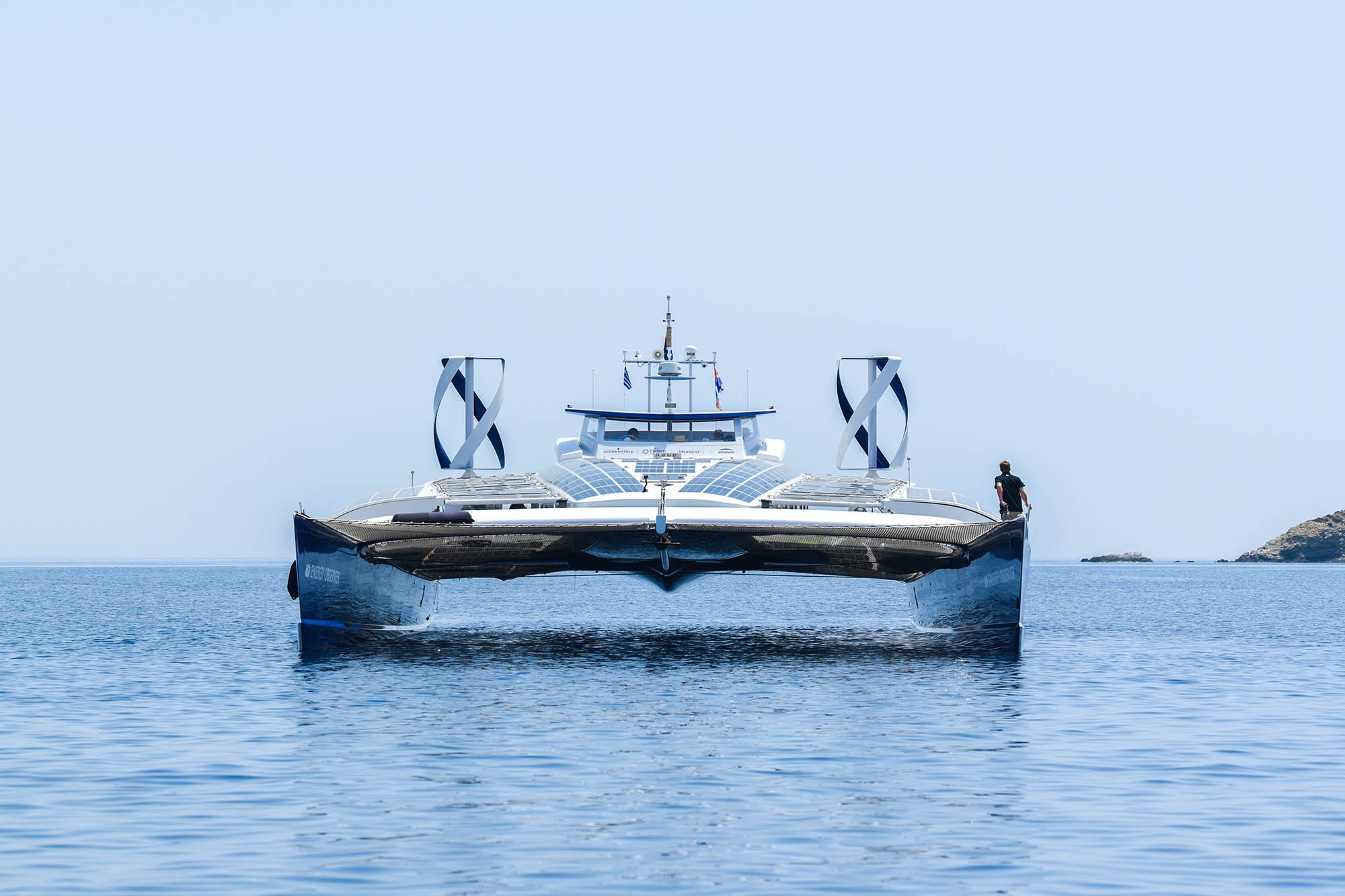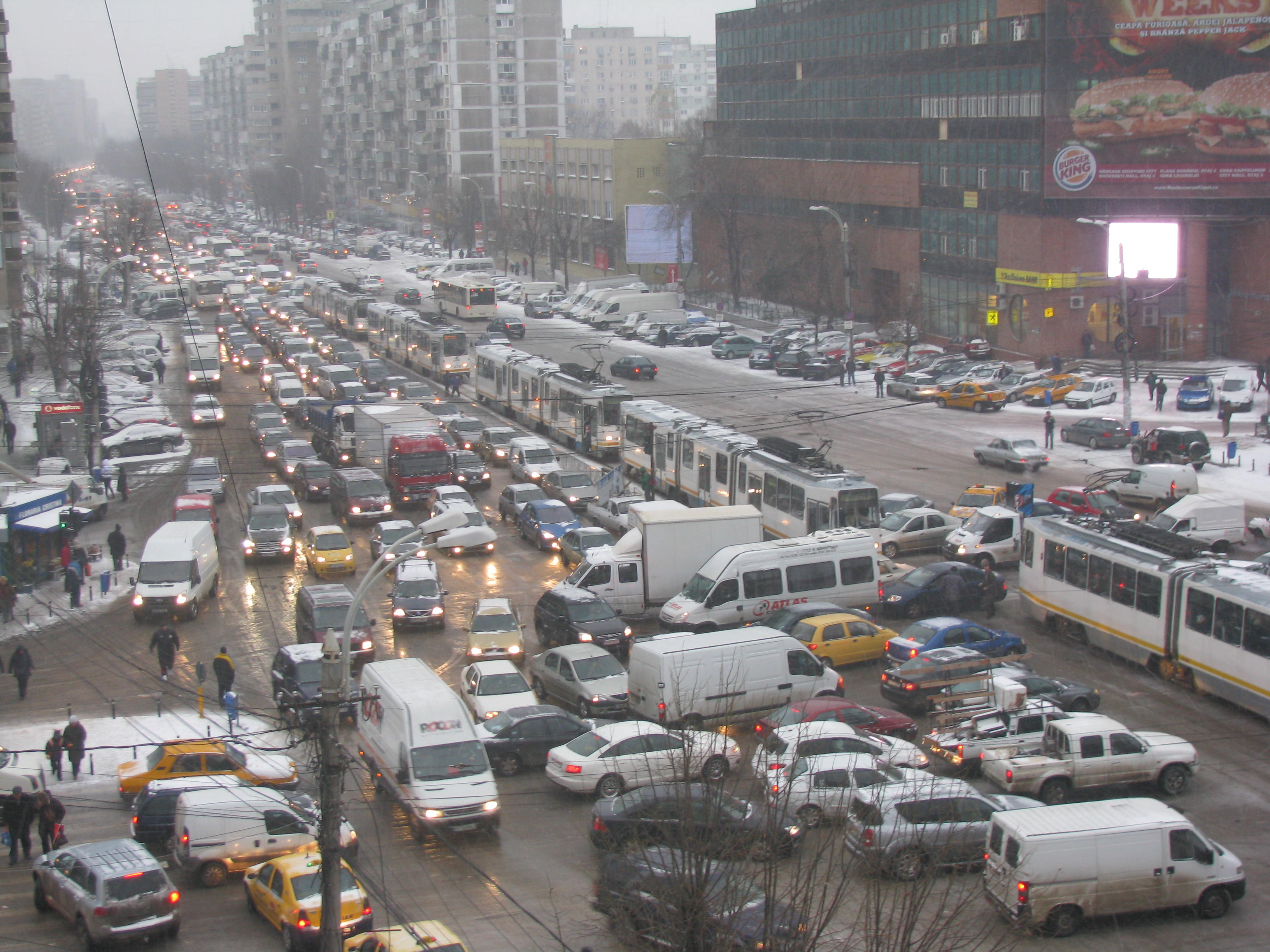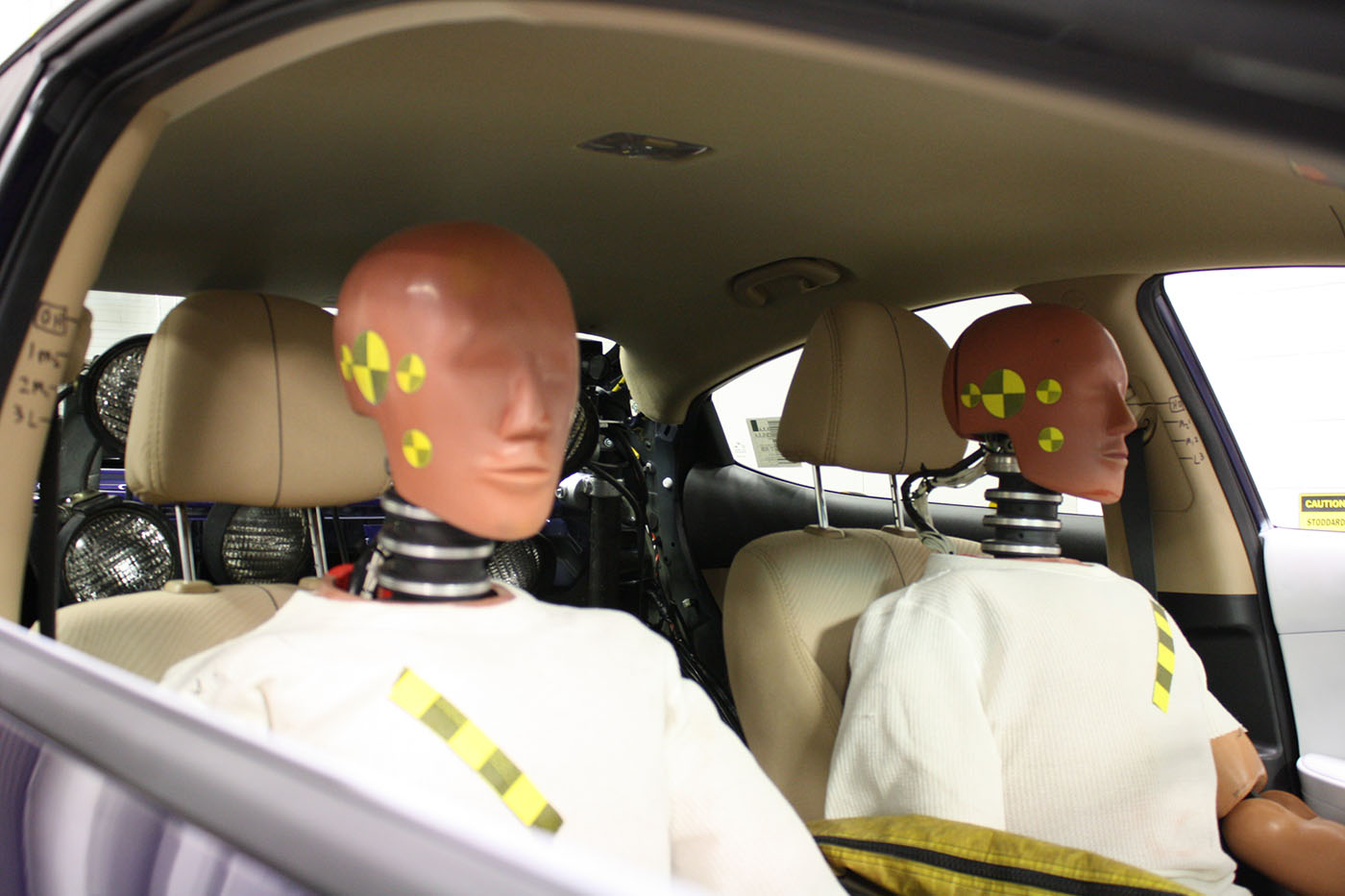Drone jamming system to protect European airports, public spaces
Airports could be equipped with technology capable of detecting and bringing down drones that stray into their air space, according to Dan Hermansen, chief technology officer of Danish anti-drone firm MyDefence. The company has developed a drone alarm and protection system that is being installed at a number of prominent sites around Europe, including an … Read more






